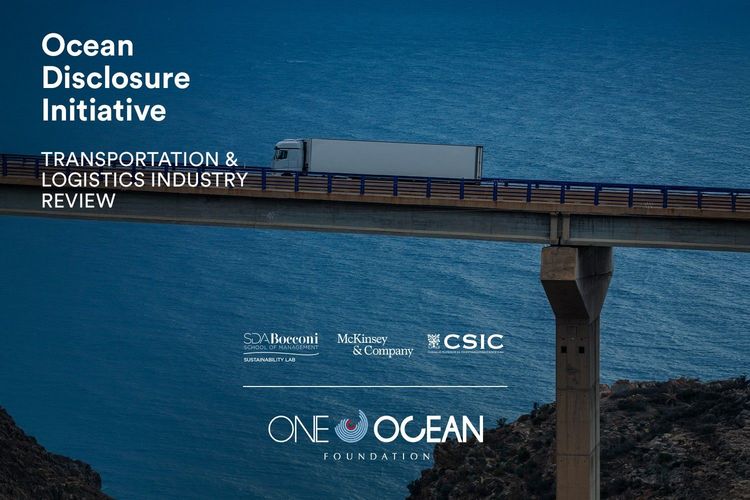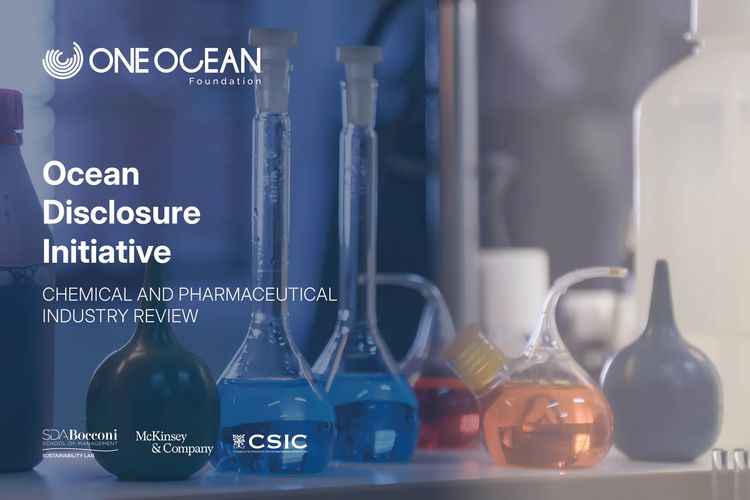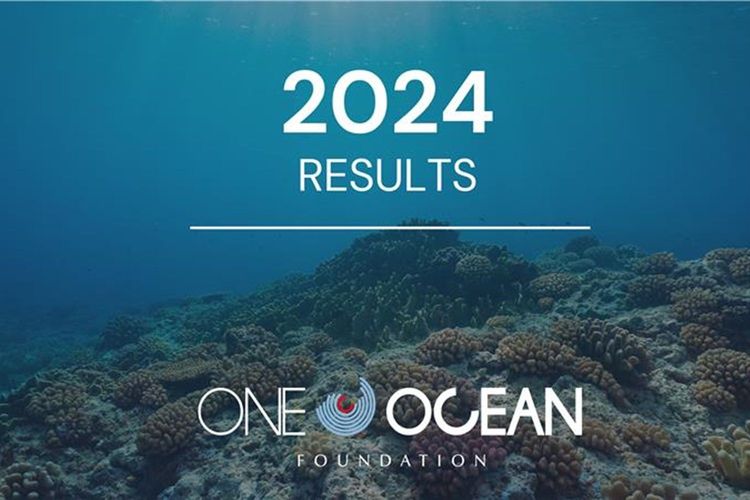
The transportation and logistics industry is the heartbeat of the global economy and a key enabler of global trade. The sector is constantly growing due to factors like expanding urbanisation, population growth, rising e-commerce demand, and infrastructure development. Freight demand is expected to nearly double by 2050. However, while the sector offers significant economic benefits, it also presents substantial environmental risks to the ocean.
In this report – conducted in the framework of the Ocean Impact Initiativeproject - we explore the pressures of the transportation and logistics sector —specifically road, air, and rail— and highlight best practices to mitigate its environmental footprint.
DOWNLOAD THE REVIEW
Potential environmental impacts of the transportation and logistics Industry on the ocean
Most of the companies in the sector overlook the full variety of impacts on the ocean: while the visible effects of exhaust emissions on air quality are widely recognised, the indirect pressures such as marine litter from tyre and brake abrasion and chemical contamination from oil leakages from road transportation are less evident.
Key industry pressures on the ocean include:
- Chemical contamination: road runoff, originating from motor oil leaks, degrades seawater quality;
- Marine litter: tyre fragments are the second-largest source of microplastics in the ocean;
- Air pollution: GHG emissions and other air pollutants from transportation contribute to global warming, which in turn drives ocean temperature increases, causing sea-level rise, and biodiversity loss.
Sustainable practices to mitigate the impact of the transportation and logistics Industry
Potential solutions to mitigate the environmental issues include:
- Regular vehicle maintenance to minimise the risk of oil leaks from transportation;
- Prioritising sustainable tyre suppliers and promoting eco-driving to reduce microplastics from tyre erosion;
- Adopting alternative fuels like hydrogen and sustainable aviation fuel (SAF) and establishing Low Emission Zones (LEZs) to reduce GHG emissions and air pollution.
Additionally, companies can enhance sustainability in logistics by implementing blockchain technology and adopting a circular logistics model
This review underscores the commitment of One Ocean Foundation to foster sustainable growth in the transportation and logistics industry while preserving our crucial fundamental marine ecosystems.


